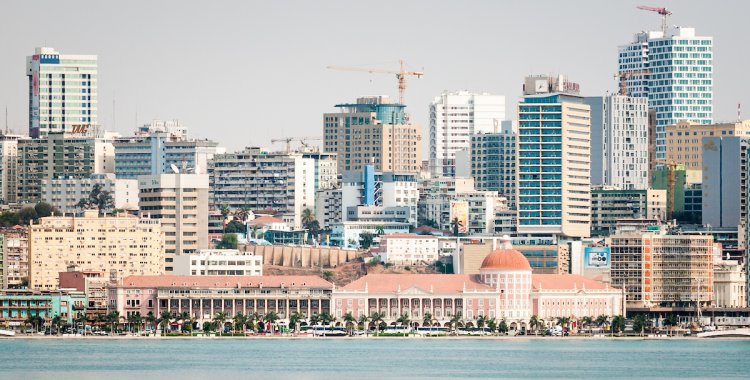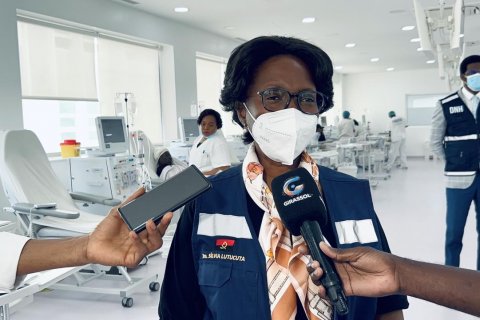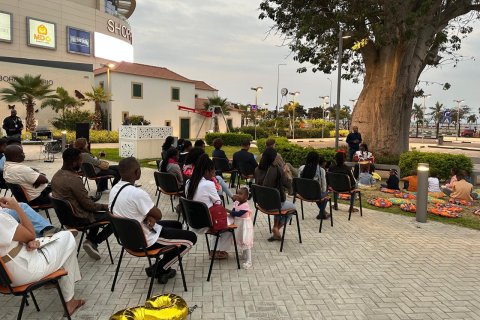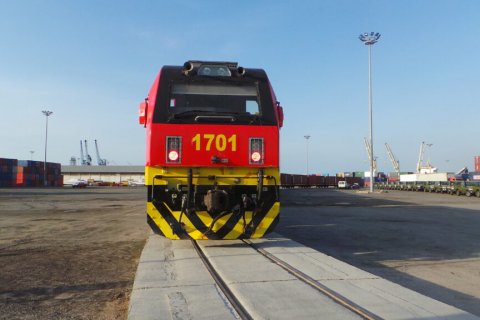"What has been noted is that there is a volume of money that is increasingly outside the financial system. Banks have to carry out significant work, both in terms of trust and in terms of reaching out to the population through agents, for example, and new technologies, and increasing the customer base in order to bring money, which is currently outside, into the system", highlighted the head of Deloitte Angola.
According to José Barata, despite the growth in credit granted to customers, which increased by 15 percent, the growth in customer deposits was only 1.8 percent in 2024. "There is a strong appetite among the population for money to the detriment of bank deposits", he pointed out.
Regarding credit, José Barata highlighted that "the volume of overdue credit is still high" and warned that banks should pay greater attention to monitoring and recovering the credits granted.
"As a result of the policies implemented by the BNA and the executive, which led to an increase in credit, everyone must make an effort to ensure that projects are bankable," he added.
The study "Banking in Analysis 2025" also indicates that, although the sector's net profits grew 58 percent compared to the previous year, this figure is conditioned by the fact that Banco Económico suffered a significant loss in 2023. "After eliminating this loss, the sector's net profit as a whole grew marginally by 1.2 percent," explained José Barata.
The governor of the National Bank of Angola (BNA), Tiago Dias, reinforced that the Angolan banking sector is solid and healthy, with a trend of growth in credit to the economy of over 30 percent this year.
Tiago Dias said that Angola is carrying out a Financial Sector Assessment Program (FSAP) with the support of the World Bank and the IMF, and recently carried out a crisis simulation to test the resilience of the banking system.
Regarding Banco Económico, he stated that the recapitalization and restructuring plan "continues to be implemented", but did not indicate a deadline for the completion of this process.
In 2021, Banco Económico, formerly Banco Espírito Santo Angola (BESA), adopted a Recapitalization and Restructuring Plan approved by the National Bank of Angola, to find a viable solution and ensure the financial stability of the bank, considered to be of systemic importance for the sector.







